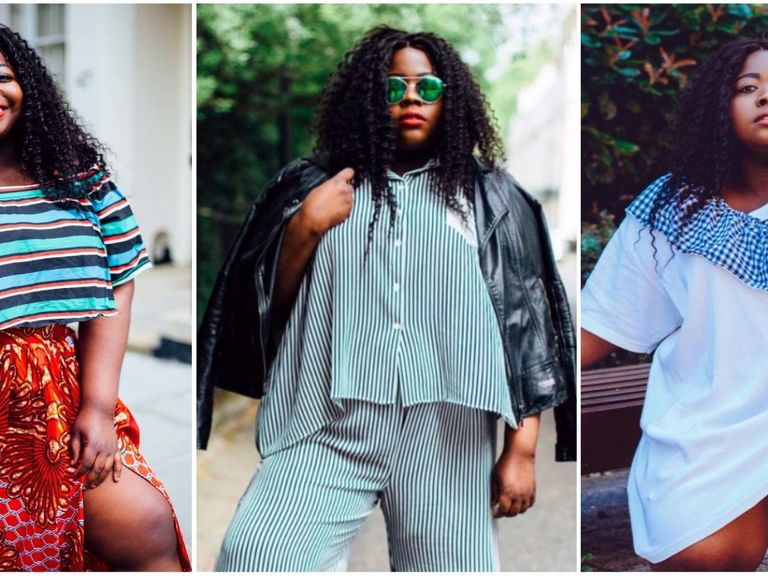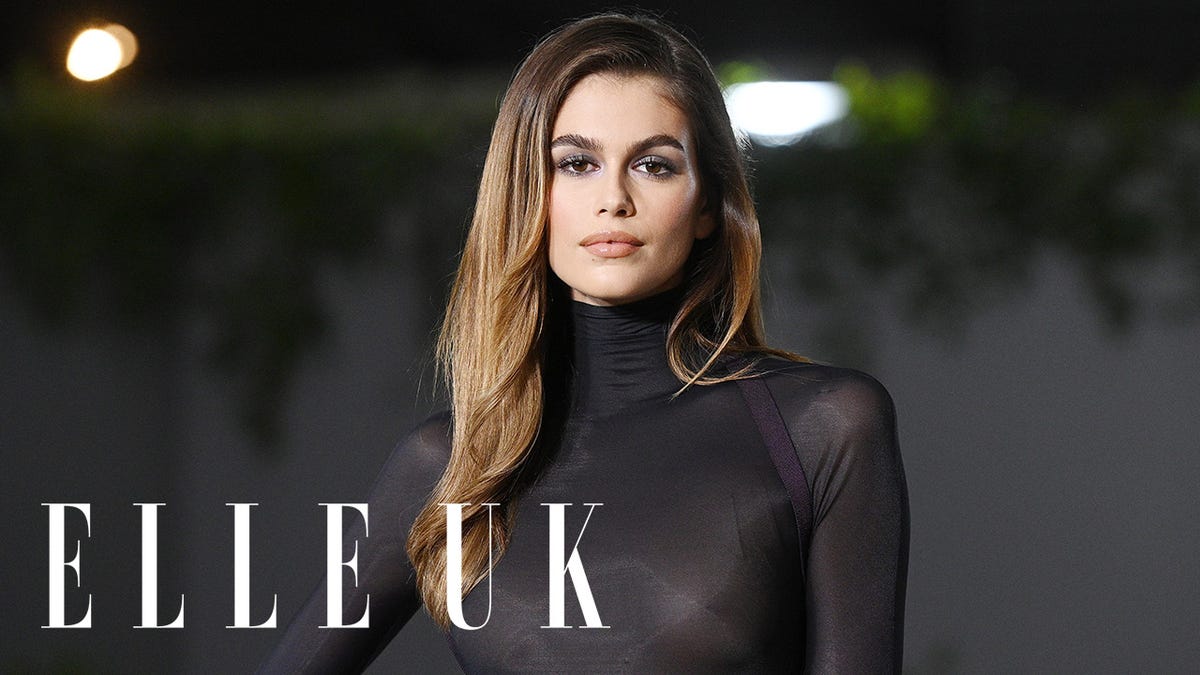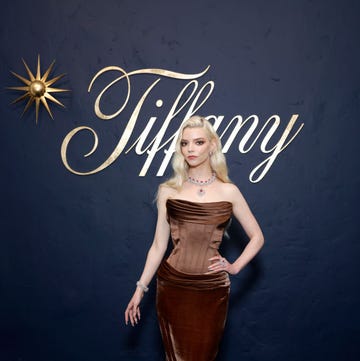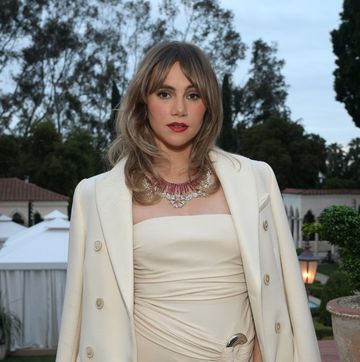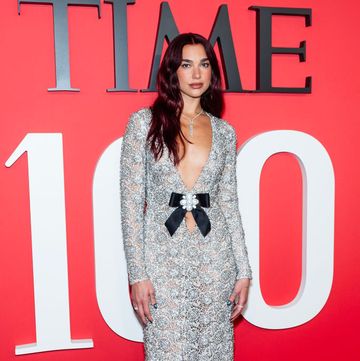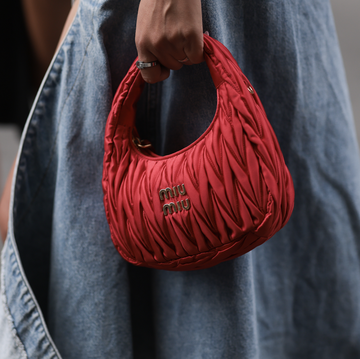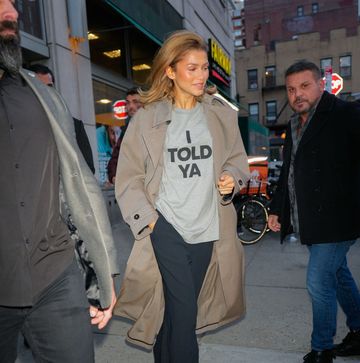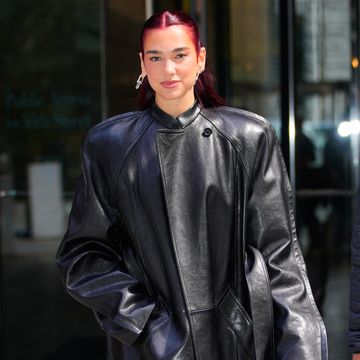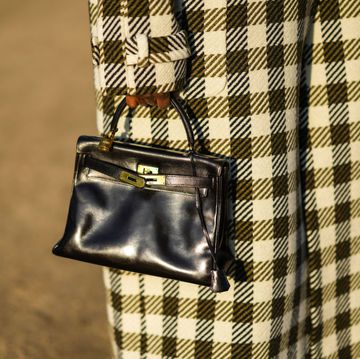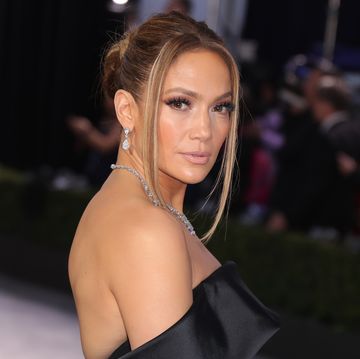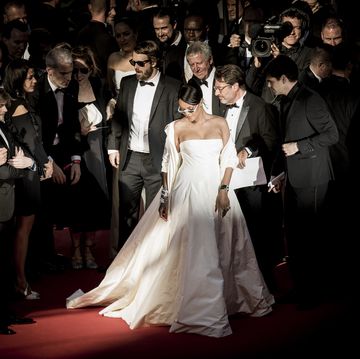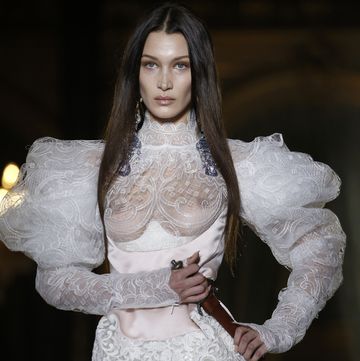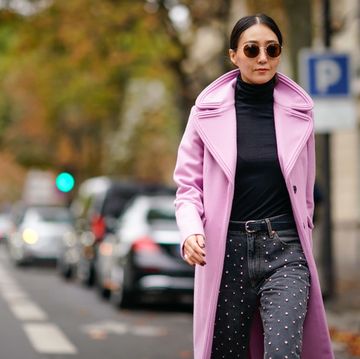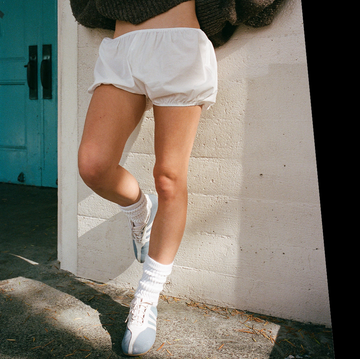On 6 August, I uploaded a blog post to my website talking about why it was so important for black women to be included within the body positivity movement. Within 24 hours, my Twitter feed was inundated with nearly 1,500 responses to the post, primarily filled with vulgar, racist, fatphobic comments.
The most disconcerting thing about the whole experience wasn't the fact that I was being compared to fictional monkeys and apes, being told that I was going to die at 40, or that I looked like a 'fat house slave'. It was that I felt absolutely nothing. Not anger, not irritation, not shock. Nothing.
Unfortunately, being subjected to fatphobic comments laced with overt racism no longer comes as a surprise to me, and numerous women who look like me. We are taught from a young age that our skin tones and the shape of our bodies will always be considered inferior to that of a white, more able-of-body person, as beauty standards are inherently cloaked in whiteness.
I discovered the body positivity community back in 2014. At the time, it was still a somewhat-diverse community celebrating self-love and radical self-acceptance of fat bodies of all races. But this inclusion was a given, seeing as the re-emergence of body positivity stemmed from black plus-sized femmes in the US, via the means of social media.
As body positivity became more mainstream, however, I noticed that the conversations were most often centred around white women. Arguably, much like the feminist movement, body positivity has become non-intersectional and prioritises/celebrates the thoughts, feelings, opinions and achievements of white women, with a small number of 'token' people of colour to help fill up the 'look at us being diverse!' quota.
It's a sentiment that reverberates within the world of plus size fashion, too. Stephanie Lawson, owner of plus size style and lifestyle blog StephanieDJL.com believes that brands aren't doing enough to be ethnically diverse.
'I can't think of a single campaign, advert or feature that includes someone who remotely represents me, a tall, plus-sized, black woman,' she says.
From the likes of Tess Holliday and Ashley Graham to bloggers worldwide, plus-sized models and influencers have been key to opening up the much needed discussion surrounding body positivity, acceptance and diversity in the fashion world. The general message preached by these beautiful people is the importance of self-love and to recognise that every 'body' is beautiful, no matter how much you weigh.
But is that really what is happening?
While it's important to acknowledge and appreciate the brands that feature plus size women, I can't help but notice the lack of models of ethnically non-white backgrounds, who are constantly being left out or side-lined in favour of their caucasian counterparts. It is very easy to spot the common theme in these campaigns; white, with high cheekbones and an hourglass shape.
'I feel that body positivity right now is centred around women who are still conventionally desirable,' says plus-size model Simone Mariposa. 'Every person of every size goes through a self-love journey, and they have the right to share their ups and downs with body image, but body positivity means vowing to accept all bodies without judgement and seeing positive representations of these bodies in media, and we should continue working to make that reality.'
YouTuber and influencer Gloria Shuri Henry also agrees. 'At this point, I've heard a lot of companies say they are accepting of all women no matter their shape, sizes, skin colour, and abilities yet I haven't seen a single campaign that shows they do right from the start of their campaign.'
It's not just the fashion industry, either. There are multiple examples of white bodies which fall outside of beauty standards being revered, while fat women of colour who are of a similar size and body type are ridiculed.
One only has to look at the way actress Gabourey Sidibe has been publicly disrespected time and time again - Radio RJ Howard Stern once called Sidibe 'the most enormous fat Black chick' he's ever seen - as opposed to someone like Rebel Wilson, who is frequently celebrated as being the 'quirky, fun, chubby' girl and who, in several interviews, has stated that she deliberately gained weight in order to further her career.
It seems that Wilson is the more appropriate canvas on which to change the world's perception of fat women. A dark-skinned black woman who oozes confidence in the face of constant online bullying, isn't.
White feminists were also deafeningly silent when Leslie Jones was body-shamed on Twitter last year. Even her three Ghostbusters' co-stars didn't jump to defence as Twitter trolls ridiculed her dark skin and statuesque frame, despite Melissa McCarthy speaking publicly about her own battle with fat-shaming. It was once again the job of black women - the likes of Vanessa De Luca, editor-in-chief of African-American Essence, actor Kerry Washington, and Bernice King, daughter of Martin Luther King Jr - to step in and defend her right to live peacefully in the skin she was born in without being subjected to being harassed, attacked or humiliated.
The truth is, body positivity is for white women. White female bodies being safe is paramount to maintaining white supremacy. Accordingly, white female feminists who claim to be here for all women, play favourites with whose bodies they covet and uphold, and whose body-shaming is worth reviling.
There are, of course, women fighting back. Lucia, owner of plus size blog U Can't Wear That, champions visibility as a way of making her mark within the movement.
'My way of leaving my stamp is to constantly be visible even when I am the opposite of what people want to see,' she says. 'My fatness and my blackness are undoubtedly beautiful and I want people to see that in themselves.'
I hope that one day in the future, the community and those outside of the body positive movement will see us as a collective and not marginalise within a group that is already in itself, pretty marginalised. There are so many different experiences, opinions, thoughts and perspectives and everyone deserves to be heard and represented, not just the thoughts and experiences of those with privilege.
While people within the body positivity community have to deal with gender equality and size equality, women of colour have to deal with the above, as well as race equality and colourism. Which means it's so important to include all bodies, regardless of colour, and to give a voice to those who are not represented fairly.
Surely that's not too much to ask?
Main picture photography by Kaye Ford; Fordtography.co.uk.
